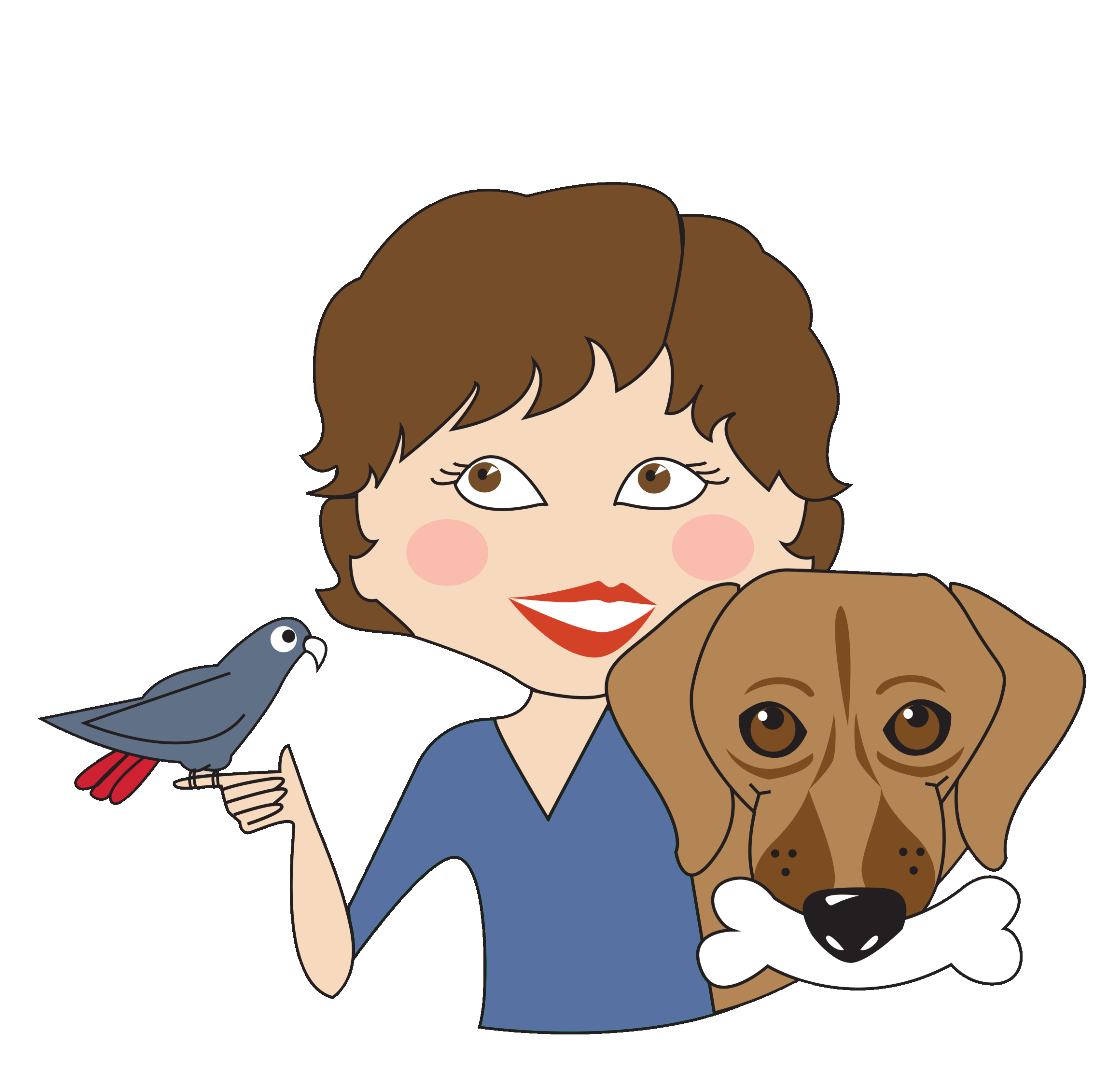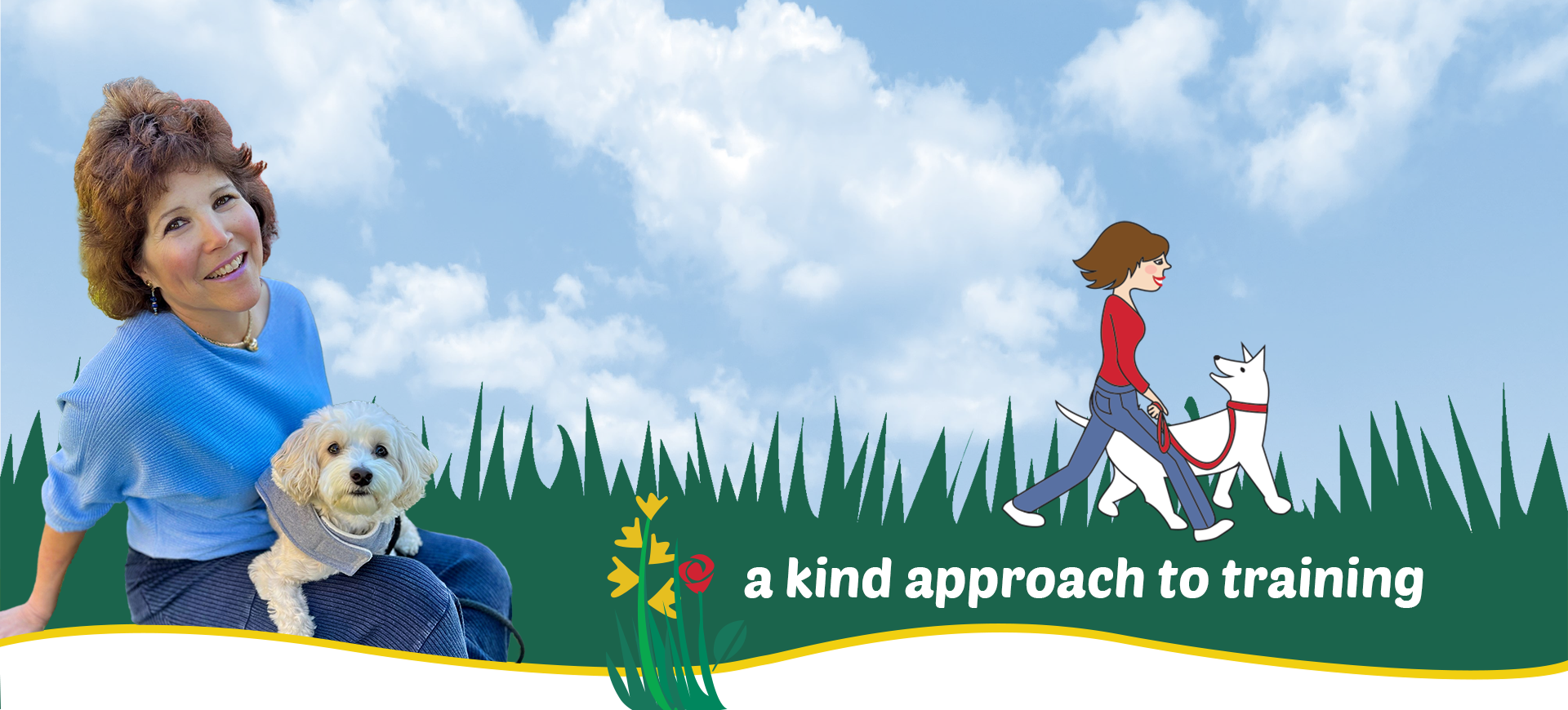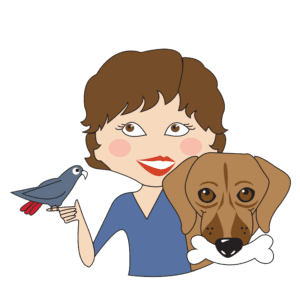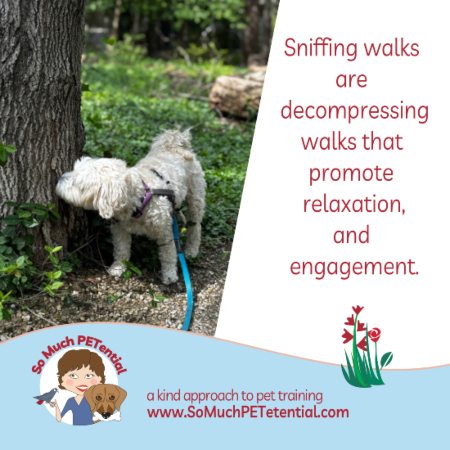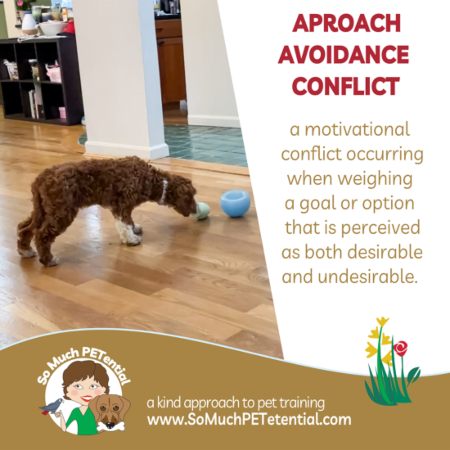Training aside. I have another question. On a scale of 1 to 10, where do you think your pet would rank you in terms of fun?
 That is a question that may require some thought. Think about the frequency with which your dog reacts to your presence with loose body muscles, a play bow, movement toward you instead of away from you, focus on you vs the environment.
That is a question that may require some thought. Think about the frequency with which your dog reacts to your presence with loose body muscles, a play bow, movement toward you instead of away from you, focus on you vs the environment.
This is not only great information to know but also, increasing the frequency of those behaviors is a great goal to have as a precursor to dog training success because when two animals have a history of positive associations with each other, they are motivated to teach AND learn from each other.
It is such a beautiful thing for me to see two living beings fully engulfed in each other, playing, laughing in their own way. For the moment at least, there is no stress except for possibly the kind of accelerated heart rate one gets when REALLY enjoying or anticipating enjoying something. I don’t know about you but when being around someone (human or non-human) causes me to feel that way, I naturally want to be around that someone more.
I see this as so important that I’ve invested in numerous classes and books on the topic of personal play.
Just like with dog training, there are mechanical, observational, and mental skills to be a valued playmate to your pet.
…which brings me to two more questions: How often do you spend playing with your dog? And how often does your dog spend playing with you?
It may seem like I am repeating the same question but actually, there is a difference. And that distinction is important to understand. It is one of the reasons I often ask people to show me ways in which they have fun with their pet. There is a lot to learn from observation.
Sometimes what I see is a dog that comes up to his person with lower energy, only to be greeted by someone who begins grabbing, pushing, tossing a toy around, leaving over or running around him…while the dog looks or away, yawns, or lays down (even rolling over). Sometimes I see a dog take a toy and run away with it, avoiding proximity. Sometimes I see a person grab the dog’s toy, ask for an ‘out’, and then proceed to take the toy from the dog.
What each of these circumstances has in common is that, while the person may think play is being had, the dog’s body language clearly tells another story.
What are some of the qualities of humans who are valued dog playmates?
- They practice their observation skills of their dog’s body language to make adjustments as needed. If a dog is displaying appeasement signals or disengaging, that is a sign that something needs to change. It could be that dog is feeling pressure due to the person’s proximity, eye contact, body position, voice volume, energy, etc.
- They never force play. No one likes to play with a pest or bully. It is the responsibility of the person, however, to give the dog a really good reason to WANT to engage but the person is reinforcing the dog’s attention by doing something that the dog enjoys (which you will know by the dog’s body language).
- They never take things of value from the dog. If past experience teaches a dog that a person will steal valued possessions, that dog will be less likely to let go of those possessions in the future…and may even resort to resource guarding.
- They match their dog playmate’s energy/arousal level. If a dog moving slowly, that may not be the best time to play rough house as the dog can be overwhelmed.
There are so many ways to play with a dog – either with food, a toy, the environment or just the two of you. Not matter what, focus on avoiding conflict and creating interactions where both you AND your dog are playing together. When you do, you will see your training and your relationship grow.

